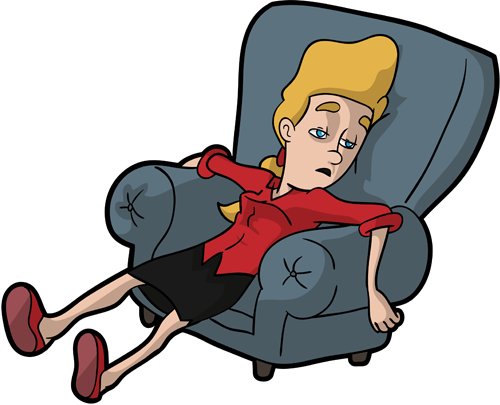Sleep Problems | it is a Risk factor for weight gain | Health Update

 There are various theories as to why obesity continues, including the low cost and availability of fast food, sedentary lifestyles, processed foods, increased portion sizes, television, stress, and the use of antibiotics and steroids to fatten cattle and other animals that we consume. It could be due to lack of good sleep.
There are various theories as to why obesity continues, including the low cost and availability of fast food, sedentary lifestyles, processed foods, increased portion sizes, television, stress, and the use of antibiotics and steroids to fatten cattle and other animals that we consume. It could be due to lack of good sleep.
Obesity continues to be prevalent in the United States. The CDC estimates that 1/2 of adults, or 78.6 million adults, are obese.
There is another reason that can often be overlooked: insufficient sleep. A growing number of people are staying up late and not making sleep a priority. Now there is new evidence that choosing to watch that movie late into the night instead of sleeping may be contributing to weight gain.
Multiple studies have shown that insufficient sleep may be a risk factor for obesity. When a patient is sleep restricted, it is believed that the endocannabinoid (eCB) system is activated.
- This system is a key component of a hedonic pathway that causes people to eat excessively when sleep deprived. Endocannabinoids are lipids that bind the same receptors as marijuana, so when this pathway is activated, it results in a feeling similar to the “munchies.” This enhances the drive to eat, which can lead to weight gain.
In a recent study, normal-weight participants were not allowed to eat any food or drink that was not provided to them. None of the participants had sleep disorders, determined by their medical histories and polysomnograms. Over 4 nights, the healthy adults slept 8.5 hours per night. The researchers then restricted participants' sleep to 4.5 hours per night.
 Sleep Problems | When the participants were sleep deprived, they showed higher levels of the endocannabinoid 2-arachidonoylglycerol and its structural analog 2-oleoylglycerol in their blood. They also had increased hunger and appetite and were less able to turn down snacks that they were offered.
Sleep Problems | When the participants were sleep deprived, they showed higher levels of the endocannabinoid 2-arachidonoylglycerol and its structural analog 2-oleoylglycerol in their blood. They also had increased hunger and appetite and were less able to turn down snacks that they were offered.
Share this new information with your patients, expressing the importance of a good nights sleep. If patients are struggling with their weight and are having difficulty avoiding food, the culprit could be a lack of sleep.


